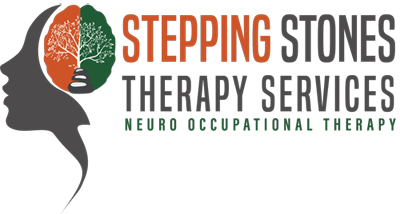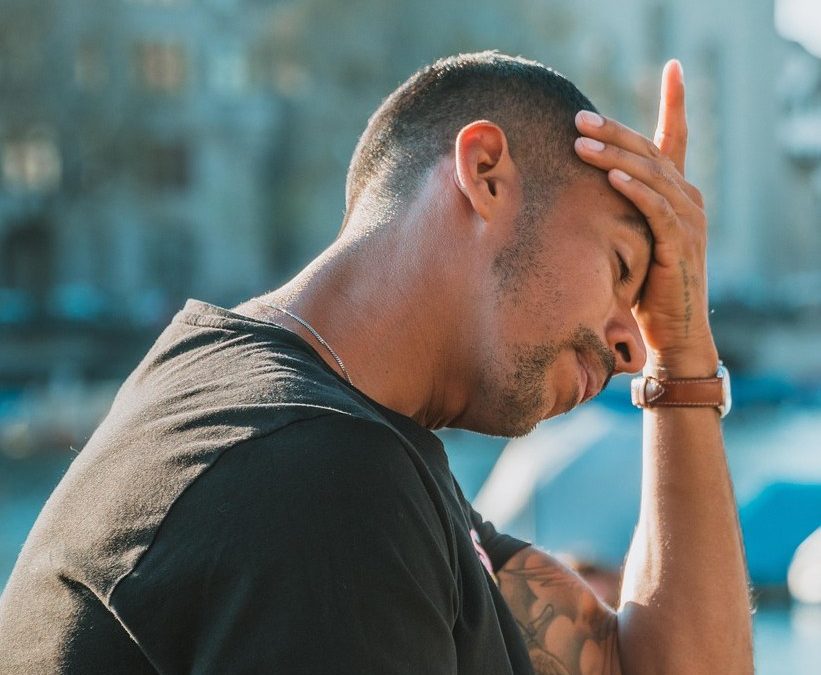Feeling exhausted after a brain injury is incredibly common but also widely misunderstood. It’s not the kind of tiredness that sleep alone can fix. You might feel drained after small tasks, struggle to concentrate, or find your energy crashes without warning. This deep, persistent tiredness is known as brain injury fatigue, and it’s different from the usual ups and downs of everyday energy.
If fatigue is making life feel harder than it should, I offer calm, one-to-one support. Book a free 15-minute call to talk things through.
What Are the Symptoms of Brain Injury Fatigue?
Fatigue after brain injury doesn’t always look the same from one person to another. But some common symptoms include:
- Needing long rest periods after short activities
- Trouble concentrating or feeling mentally “foggy”
- Irritability or mood swings without clear cause
- Headaches or dizziness after effort
- Struggling to find words or organise your thoughts
- Feeling like your brain has “shut down”
These symptoms may appear hours after an activity or not until the next day. Fatigue can affect your cognitive communication, your ability to plan, and even your physical coordination.
What Causes Fatigue After Brain Injury?
Fatigue is often caused by the extra effort your brain needs to carry out tasks that once felt automatic. This is sometimes referred to as a brain drain — your brain is working harder behind the scenes to process information, manage emotions or filter distractions.
Other common contributors include:
- Traumatic brain injury, stroke, concussion or anoxic brain injury
- Sleep disturbances and insomnia
- Psychological fatigue from stress or anxiety
- Pain or sensory overload
- Depression or low mood
- Certain medications or alcohol use after brain injury
You may also be dealing with overlapping effects, such as mental exhaustion, low motivation, or memory difficulties.
Why Rest Alone Isn’t Enough
Rest is essential, but it’s not the whole answer. Many people try to “push through” fatigue, then crash and feel worse. Others rest too much and lose confidence in their ability to do everyday tasks.
Occupational therapy helps you find the middle ground. We work together to build a realistic rhythm of activity and rest, tailored to your current energy levels and goals. Over time, this pacing approach helps reduce the intensity and frequency of fatigue episodes.
Exercise, Sleep and Stress: Managing the Big Three
1. Exercise
Gentle physical activity can improve energy over time — but needs to be introduced gradually. We look at ways to safely increase movement without overloading your system.
2. Sleep
Poor sleep worsens fatigue. Together we explore circadian rhythms, evening routines, and strategies to improve sleep quality and timing.
3. Stress
Emotional stress burns energy fast. By building in recovery time, simplifying daily decisions, and addressing mental health problems, we protect your resilience.
The Impact of Fatigue on Daily Life
Fatigue affects how you manage work after brain injury, parenting, socialising and even driving. Tasks that used to be automatic — replying to messages, going to the shop, making a phone call — might now feel enormous.
This can lead to:
- Low confidence and isolation
- Problems at work or loss of employment
- Frustration from others who don’t see what’s happening
- Feelings of guilt or self-blame
- Mistaking fatigue for “laziness” or “not trying hard enough”
Understanding fatigue as a real and treatable symptom is the first step toward recovery.
Myths About Brain Injury and Fatigue
It’s not true that:
- “If you just sleep more, you’ll feel better”
- “You should be back to normal by now”
- “You’re just tired like everyone else”
- “There’s nothing to be done”
Fatigue after brain injury is complex. It involves both neurological and psychological factors, and sometimes appears months or even years after the initial injury. With the right support and planning, you can regain function, balance and quality of life.
Fatigue Management Techniques That Work
Here’s how I tackle brain injury fatigue step by step at Stepping Stones:
Pace and Plan
Use energy-saving routines, break tasks into smaller chunks, and build in regular rest before exhaustion hits.
Track Fatigue Levels
Keeping a journal or using energy tracking tools helps spot patterns and tailor your plan.
Reduce Cognitive Load
Simplify choices, use external aids like reminders or checklists, and avoid multitasking.
Support Sleep Hygiene
We look at everything from screen time to caffeine to build a better sleep foundation.
Explore Services and Support
We can discuss options like financial support, referrals for sleep disorders, or support with return-to-work planning.
When to Get Help
If fatigue is affecting your relationships, job, or ability to enjoy life, it’s time to seek support. You don’t need to “wait it out” or prove how bad things are. Fatigue is a recognised effect of brain injury — and you deserve help that treats it seriously.
Let’s Talk
At Stepping Stones, I offer one-to-one support to help you manage brain injury fatigue and rebuild your energy in ways that feel doable. I see clients both remotely and at home, with a focus on helping you reclaim your everyday life — one step at a time.
Contact me today for a free 15-minute consultation and find out how fatigue management could make life feel more possible again.

